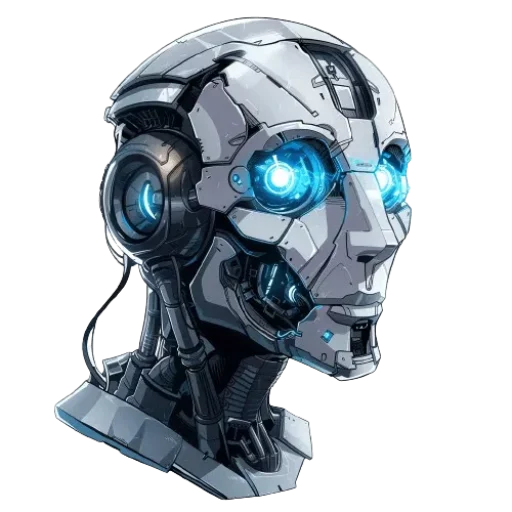Key findings
Generative artificial intelligence (GenAI) is set to impact, rather than transform, the work of lifeguards, ski patrol, and other recreational protective service workers.
Blue-collar jobs like these are unlikely to be automated by GenAI due to the physical nature of the tasks involved.
The unique automation wave of GenAI may even increase the demand for such workers, leading to a rise in their income share.
While some skills of these workers may be automated in the future, tasks requiring active listening, critical thinking, coordination, and judgment are likely to remain unaffected.
As a result, blue-collar workers in this field are expected to be shielded from major AI disruption.
How could AI or automation replace or complement job activities?
AI, automation, or LLMs like Chatgpt could potentially assist recreational protective workers by automating record-keeping, providing safety information to participants, and monitoring equipment for hazards.
However, they may not fully replace the human aspect of rescue operations, emergency response, and providing hands-on first aid.
For instance, in the role of a lifeguard or ski patrol, AI could help maintain records of weather conditions and incidents, but human intervention would still be crucial in executing rescue techniques and administering medical aid.
Job description
Monitors recreational areas like pools, beaches, or ski slopes to help and keep participants safe.


0 Comments